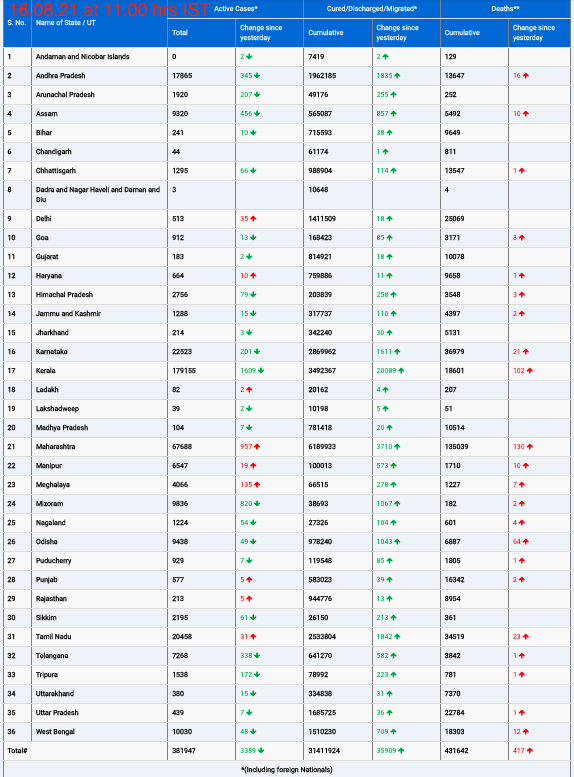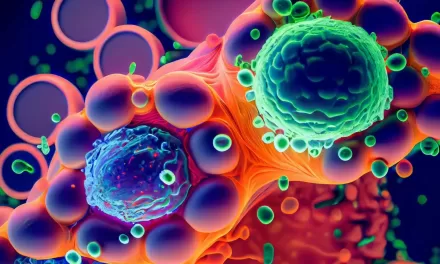India’s Push Towards Self-Reliance in Pharmaceutical Manufacturing
In a significant stride towards bolstering India’s pharmaceutical manufacturing capabilities and reducing dependency on imports, Union Health Minister Mansukh Mandaviya inaugurated 27 greenfield bulk drug park projects and 13 greenfield manufacturing plants for medical devices under the production linked incentive (PLI) scheme.
Addressing the inauguration event, Union Minister Mandaviya highlighted the transformative impact of the PLI scheme on India’s pharmaceutical sector. He noted, “Today, India has not only reduced its dependence on imported medicines, active pharmaceutical ingredients (API), and medical devices, but also emerged as a major exporter of these products, thanks to the success of the PLI scheme.”
The bulk drug plants inaugurated are spread across various states including Maharashtra, Gujarat, Karnataka, Telangana, Andhra Pradesh, Punjab, Haryana, and Rajasthan. Mandaviya underscored the significance of the PLI scheme in boosting India’s cost competitiveness in the global pharmaceutical market.
“The PLI-I scheme identified 48 critical bulk drugs for local manufacturing, leading to the launch of the Rs 15,000 crore PLI-II scheme,” Mandaviya stated. He emphasized the government’s commitment to making India ‘atmanirbhar’ (self-reliant) in critical medicines and API production, citing the example of Penicillin G, a drug that was once locally manufactured in India but saw a decline due to globalization. The government is now working towards reviving Penicillin G production in India after three decades.
Rajesh Kumar Singh, Secretary of the Department for Promotion of Industry and Internal Trade, highlighted the PLI scheme’s objective to promote localization and value addition in India’s pharmaceutical and MedTech industry, reducing over-dependence on critical resources from specific geographies.
During the event, Arunish Chawla, Secretary of the Department of Pharmaceuticals, provided insights into the PLI scheme’s impact on the pharmaceutical industry. He noted a 12 percent compound annual growth rate (CAGR) in the pharmaceutical sector over the last decade and outlined plans to manufacture 1800 pharmaceutical products and formulations, along with 22 bulk drugs, under the PLI scheme.
The PLI scheme aims to manufacture 41 bulk drugs with a total outlay of Rs 6,940 crore from 2020-21 to 2029-30. Additionally, 26 applicants have been approved for manufacturing medical devices, covering 138 products under the PLI scheme, with a financial outlay of Rs 3,420 crore for the period 2020-21 to 2027-28.
The inauguration of these projects marks a significant milestone in India’s journey towards self-reliance in pharmaceutical manufacturing, fostering growth, innovation, and resilience in the sector.











